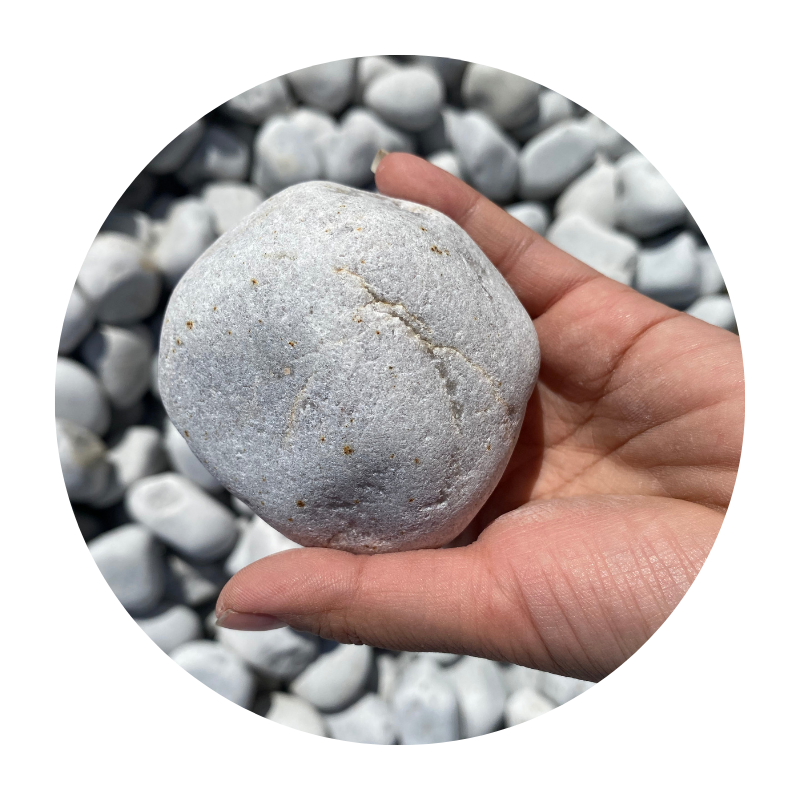
Premium OEM Micro Silica Fume High-Quality Manufacturer Solutions
- Innovation Drivers: Why Micro Silica Fume Matters Now
- Performance Data: Technical Superiority Revealed
- Material Properties: The Science Behind Effectiveness
- Manufacturer Comparison: Capabilities Across Industry Leaders
- Tailored Solutions: OEM Customization Capabilities
- Field Applications: Industry-Specific Success Stories
- Strategic Sourcing: Selecting Your Manufacturing Partner

(micro silica fume)
Micro Silica Fume: Innovation Drivers in Modern Materials
Contemporary construction demands increasingly sophisticated materials, positioning micro silica fume
as a critical enhancer for high-performance concrete. This ultrafine powder - typically measuring 0.1-0.3 microns - fills microscopic voids between cement particles. Its pozzolanic reactivity chemically transforms concrete matrices at molecular levels. Leading development labs report 15-30% strength improvements in properly formulated mixes, explaining its mandatory inclusion in demanding applications like nuclear containment structures where permeability reduction exceeds 90% versus standard concrete.
Performance Data: Technical Superiority Revealed
Third-party testing validates micro silica fume's transformative impact on concrete technology. The key mechanism lies in particle packing density: with particles 100x finer than cement, it occupies spaces otherwise filled by water. This creates three measurable improvements: compressive strength reaches 15,000-20,000 psi (up to 125% increase), chloride ion permeability decreases from 4,000+ coulombs to under 1,000, and abrasion resistance improves by 50-70% versus plain concrete. These properties explain its non-negotiable status in marine infrastructure projects globally.
Material Properties: The Science Behind Effectiveness
Micro silica fume's efficacy originates from specific material characteristics that facilitate reactive binding. Its dominant component is amorphous silicon dioxide (>85% SiO₂), with particle surface areas exceeding 20,000 m²/kg - approximately 100x greater than Portland cement. The spherical morphology creates a ball-bearing effect during mixing that enhances workability despite reduced water-cement ratios. Chemical reactivity initiates immediately upon hydration, forming calcium silicate hydrates that densify the matrix. Controlled carbon content (<3%) ensures predictable reactions without compromising structural integrity.
Manufacturer Comparison: Capabilities Across Industry Leaders
| Manufacturer | Annual Capacity (tons) | Purity (SiO₂%) | LOI Control | Packaging Options | Certifications |
|---|---|---|---|---|---|
| Supplier A | 80,000 | 94.7% | ±0.8% | Bulk, 600kg bags | ISO 9001, EN 13263 |
| Supplier B | 65,000 | 92.3% | ±1.2% | 25kg bags only | ISO 9001 |
| Supplier C | 120,000 | 96.1% | ±0.5% | Bulk, 500kg/1MT options | ISO 9001, ASTM C1240 |
Tailored Solutions: OEM Customization Capabilities
Premier manufacturers deliver specialized formulations through controlled production variables. Particle size distribution can be adjusted within 0.1-0.35 micron ranges for specific absorption requirements. Carbon content manipulation (1.5-4%) optimizes reactivity times - critical for precast operations with accelerated curing schedules. Packaging innovation includes moisture-resistant liners for humid climates and specialized pneumatic tanker configurations enabling direct batching. One high-speed rail contractor reported eliminating 37% of waste through custom pelletized micro silica developed jointly with their manufacturing partner.
Field Applications: Industry-Specific Success Stories
Petrochemical facilities demonstrate micro silica fume's durability advantages. A Middle Eastern refinery specified 8% micro silica in concrete foundations, achieving sulfuric acid resistance measured at 90% after 5 years exposure. Bridge projects benefit from its non-corrosive properties - the Padma River crossing incorporated 12,000 tons in deck concrete, preventing chloride penetration beyond 5mm depth despite constant saltwater immersion. Tunnel boring machine segments show 40% less surface spalling when micro silica comprises 7-10% of binder content, significantly reducing maintenance frequency in subaqueous conditions.
Strategic Sourcing: Selecting Your OEM Micro Silica Fume Manufacturer
Identifying capable manufacturing partners demands thorough technical evaluation. Production scale matters - factories processing over 50,000 annual tons typically demonstrate superior consistency through automated reactor control systems. Verify quality protocols like XRF spectrometry for real-time SiO₂ verification and controlled atmosphere processing that maintains carbon levels within specified tolerances. Leading plants now implement blockchain tracking for material traceability. When evaluating micro silica fume suppliers, prioritize those with dedicated R&D departments capable of developing proprietary additives that overcome regional climatic challenges - a critical advantage for infrastructure projects in extreme environments.

(micro silica fume)
FAQS on micro silica fume
Q: What is the role of an OEM micro silica fume manufacturer?
A: An OEM micro silica fume manufacturer specializes in producing customized silica fume products tailored to client specifications. They ensure material consistency, quality control, and compliance with industry standards. This allows businesses to source specialized solutions without in-house production.
Q: How to identify reliable OEM micro silica fume manufacturers?
A: Reliable OEM micro silica fume manufacturers typically hold certifications like ISO and offer technical support. Evaluate their production capacity, material testing reports, and client testimonials. Partnering with established factories ensures consistent quality and timely delivery.
Q: What advantages do OEM micro silica fume factories offer?
A: OEM micro silica fume factories provide cost-effective bulk production with customizable particle sizes and packaging. They leverage advanced processing technologies to meet diverse industrial requirements. This flexibility makes them ideal for construction, refractory, and chemical industries.
Q: Can OEM micro silica fume suppliers meet urgent project deadlines?
A: Yes, many OEM micro silica fume manufacturers prioritize fast-track production and logistics for urgent orders. Clear communication about timelines and volume ensures seamless project execution. Their scalable operations adapt to both small and large-scale demands.
Q: What industries benefit from OEM micro silica fume products?
A: Key industries include high-performance concrete, ceramics, and oilwell drilling due to silica fume’s strength-enhancing properties. OEM manufacturers tailor formulations to improve durability and thermal resistance. This versatility drives demand across global infrastructure and energy sectors.
Share
-
High Purity Quartz Sand for Industrial and Ground ApplicationsNewsJul.24,2025
-
High-Quality Zeolite Powder for Industrial & Agricultural UseNewsJul.23,2025
-
Premium Cultured Stone Ledgestone for Lasting Elegance OutdoorsNewsJul.22,2025
-
High Purity Ceramic Particles: Durable SolutionsNewsJul.21,2025
-
Silicon Carbide: High-Performance Abrasive & Refractory SolutionsNewsJul.21,2025
-
Export-Quality Calcined Dolomite Powder | High Purity Per Ton PriceNewsJul.20,2025






